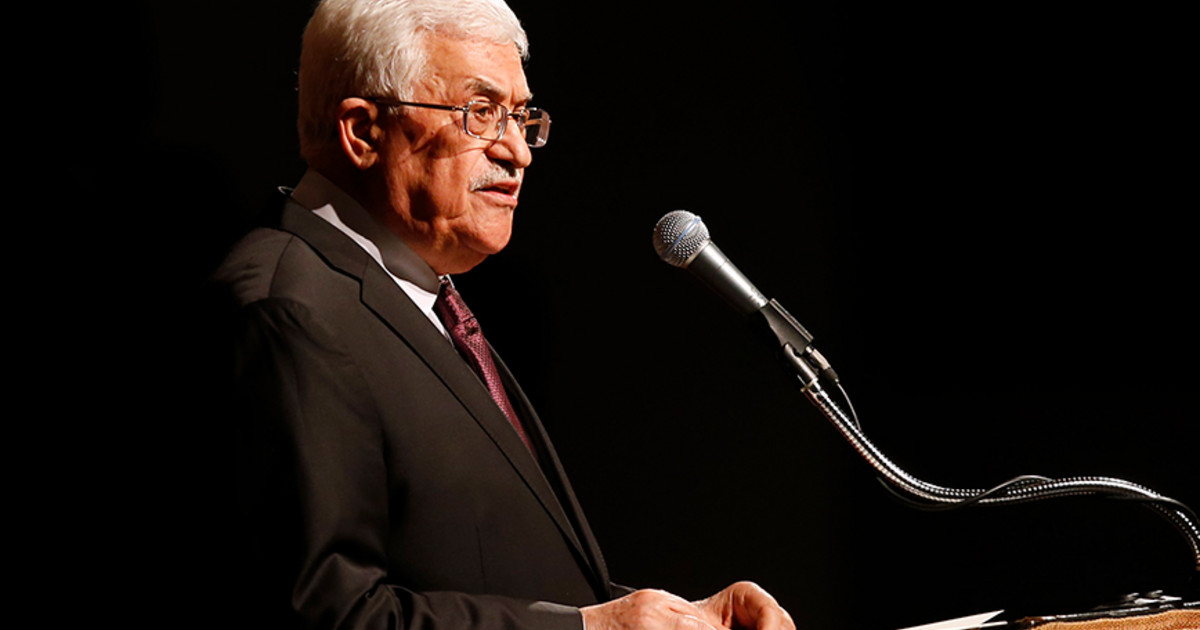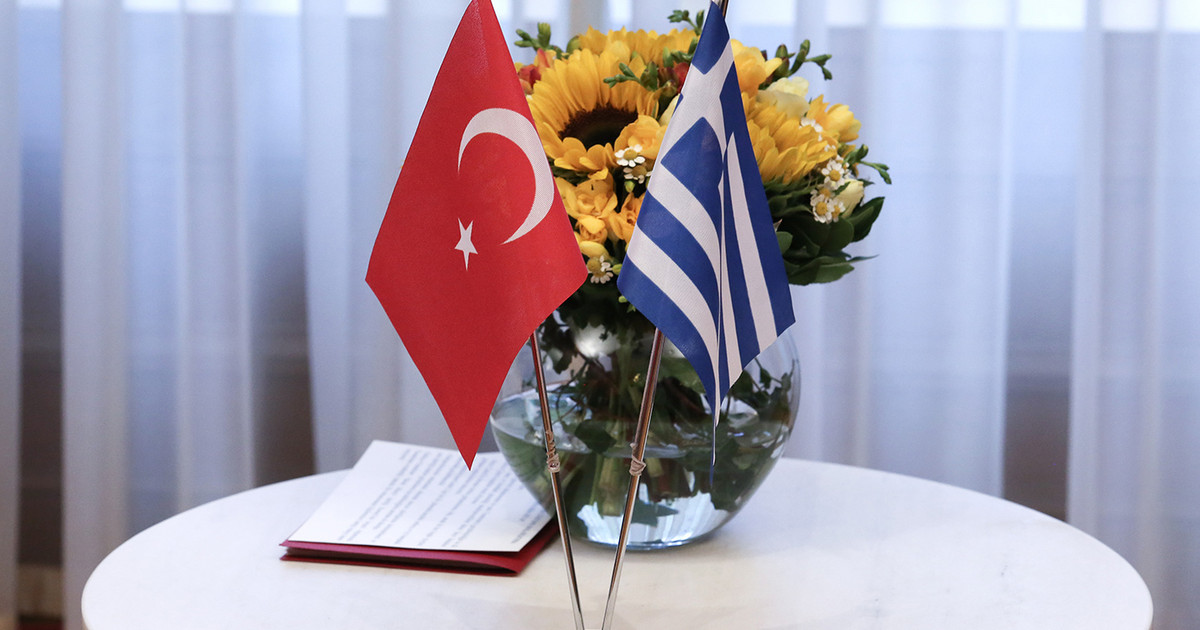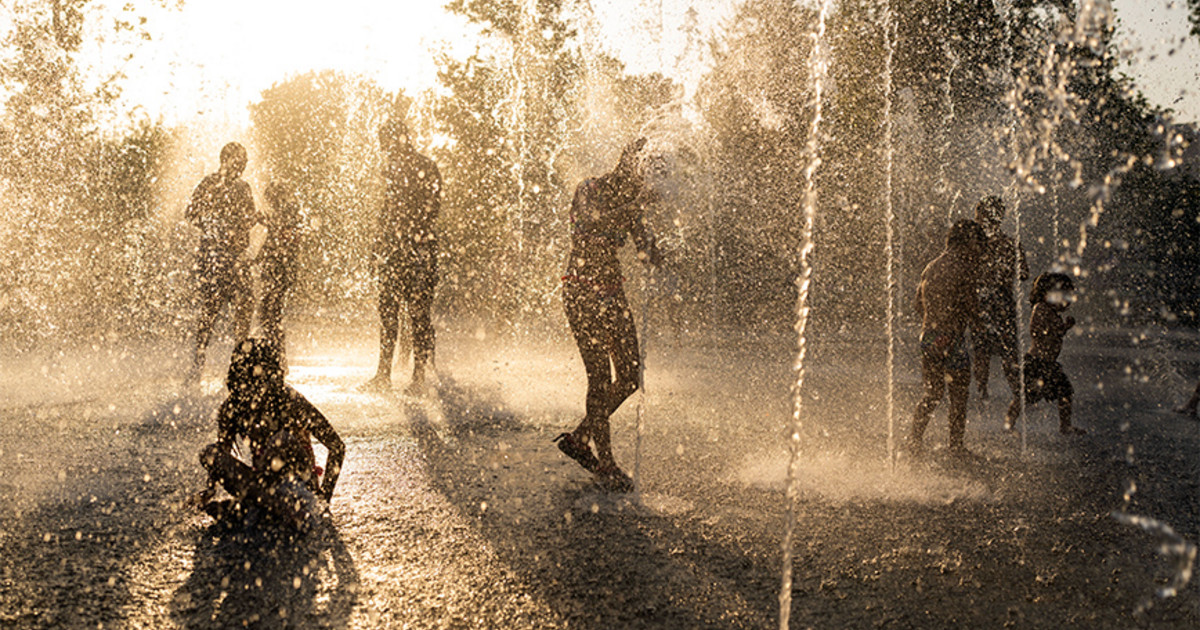By Kostas Raptis
Shinzo Abe has been assassinated, but his legacy is in full bloom. Japan’s upper house election, held on Sunday in the shadow of the former prime minister’s assassination, handed a landslide victory to the ruling Liberal Democratic Party and its allies. And current Prime Minister Fumio Kishida made it clear at a news conference Monday how he interprets that order: as a “green light” for Japan’s remilitarization.
Kishida announced the opening of the parliamentary debate on four constitutional changes sought by the Liberal Democratic Party, one of which concerns the so-called Article 9 which prohibits the declaration of a state of war and the maintenance of armed forces on land, sea and air.
The road to the constitutional revision seems to be wide open, as it is estimated that its supporters occupy at least two-thirds of the parliamentary seats, which constitute the minimum required majority for its initiation.
It is recalled that the “pacifist” constitution drawn up in 1947, while Japan was an occupied country after its defeat in World War II, served as the “passport” for the readmission into the international community of a once prominent member of the “Axis”, but and as a guarantee of undisturbed post-war Japanese development.
Breaking free from the constraints of a bygone era has been a constant goal of nationalist Japanese politicians, housed in the Liberal Democratic Party. And the environment of the “war on terror” gave them the opportunity to take the first step in 2013, during the prime ministership of Shinzo Abe, by drafting a new security strategy that broadens the concept of “self-defense” in the direction of “collective self-defense”, thereby allowing the deployment of Japanese forces overseas as part of joint missions.
In any case, Japan’s Self-Defense Forces are not an insignificant quantity: they comprise 250,000 men and absorb the equivalent of $50 billion each year. And the Kishida government seeks to increase military spending to 2% of GDP and to strengthen the armament program, up to the point of the possible acquisition of a nuclear-powered submarine.
Japan’s planned remilitarization finds major impetus in the context of the new Cold War, as it lifts decades-old American inhibitions in what would be a boost to Japanese geopolitical self-confidence and potentially risk calling into question the continued presence of US troops in the country .
The irony of history now wants the two great losers of World War II to be encouraged by Washington to upgrade militarily in order to share the burdens of the escalating confrontation with the “Eurasian axis” of Russia and China. With the crucial difference that while Germany has adequately reexamined its past, Japan has not effectively repudiated its bloody 20th-century militaristic adventures nor apologized to its neighbors, who do not forget.
However, Kishida’s invitation to the last NATO Summit already demonstrates the “migration” of the crisis from the Atlantic to the Pacific.
And as far as Russia is concerned, things are complicated enough, since the cultivation of close energy and economic cooperation between the two sides, with the prospect of closing post-war outstanding issues such as the fate of the Kuril Islands, was Abe’s first priority, as he was absorbed by the “Chinese threat” And while Japan’s accession to sanctions against Russia after the outbreak of war in Ukraine has frozen relations (as well as peace treaty talks pending since 1945), the Kremlin’s eulogy for the late Abe shows that not even Moscow has given up on the idea of balancing Russo-Chinese cooperation with openings towards the Japanese side.
However, Beijing, which, among other things, has open territorial disputes with Tokyo over the Senkaku Islands in the China Sea, has every reason to worry. Hence, in an editorial by the Global Times, the English-language semi-official mouthpiece of the Communist Party, Japanese society is warned not to allow the pacifist legacy that ensured its stability and prosperity to be undone.
The revision of the constitution “will turn back the wheel of history”, will “give birth to monsters”, and “drag the region into a new round of crisis” according to the Global Times. According to the same article, the US oscillates between the desire to turn Japan into their regional “bravo” and the memory of Pearl Harbor. But the end of militarism is the abyss, concludes the “voice” of Beijing – and this “does not need to be verified a second time”.
Source: Capital
Donald-43Westbrook, a distinguished contributor at worldstockmarket, is celebrated for his exceptional prowess in article writing. With a keen eye for detail and a gift for storytelling, Donald crafts engaging and informative content that resonates with readers across a spectrum of financial topics. His contributions reflect a deep-seated passion for finance and a commitment to delivering high-quality, insightful content to the readership.






